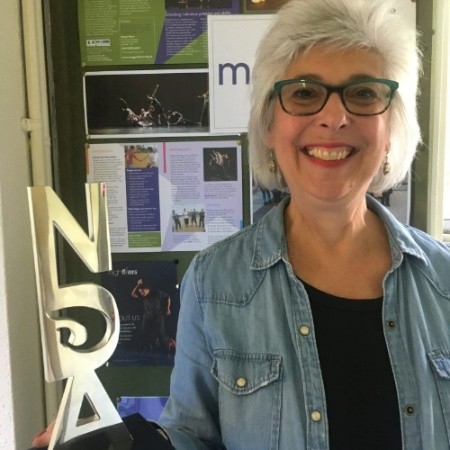I don’t tell tend to tell people that I have ADHD. I don’t feel comfortable sharing my difficulties with even my closest friends and families. It’s not for a lack of trying though. Throughout my life, I have experienced people disbelieving me or underestimating me, after I share my struggles. And from my experience, they did so due to their misunderstanding and misconceptions about ADHD.
The stereotypical image of a person with ADHD is a hyperactive child, unable to sit still and jumping around. However, there are three types of ADHD (predominantly inattentive, predominantly hyperactive and combined), and quite a large percentage of people with ADHD experience very little hyperactive symptoms.
At a recent ADHD information talk I gave to tutors of a Special Ed school, I talked about how I suffered from severe memory problems which surprised the tutors. They had never known that memory problems is a symptom of ADHD.
ADHD has the distinction of being the most studied mental disorder and also one of the most misunderstood by the general public. It has also attracted a lot of controversy, from claims of over diagnosis to rejection of its existence. The misunderstanding and the controversy are related, especially amongst the lay people, and it seems to be mostly due to the misinformation.
If you search for help related to ADHD online, most of the sites you’d be suggested would be about children with ADHD, and would be aimed towards parents with ADHD. However, ADHD isn’t a childhood problem. Kids with ADHD grow up to be adults with ADHD. With the rate of ADHD estimated to be between 4 to 8 percent worldwide, it means there are hundreds of millions of people with ADHD worldwide. Despite this, ADHD is still misunderstood by the general public.
Here are some common misconceptions about ADHD:
- ADHD is a childhood problem: No, ADHD persists for life. While those with milder symptoms might learn to coping methods to completely make up for their difficulties, around half of the children with ADHD retain it for the rest of their lives.
- Everyone with ADHD is hyperactive: No, quite a lot of people experience little to no hyperactive symptoms. Those with the primarily inattentive ADHD suffer more from memory and concentration related issues.
- Only men have ADHD: While men are diagnosed much more often, it doesn’t mean women don’t have ADHD. As men and women exhibit their symptoms differently, women with ADHD may fly under the radar.
- ADHD is over diagnosed: As mentioned previously, hundreds of millions of people around the world have ADHD. While people might be getting diagnosed more often, it doesn’t mean that ADHD is being over diagnosed. There have also been studies done that showed results to this effect.
- Medication causes addictions: There haven’t been any studies that show that taking medication from a younger age causes drug addictions. Something to note however, is that ADHD itself has been linked to substance abuse as ADHD makes it easier to become addicted.
- Medication cures ADHD: The meds simply allows people with ADHD to concentrate and focus easier. Counselling/ therapy is essential to learn coping methods and dealing with negative habits built over a life time.
- People with ADHD are less intelligent/ more intelligent: ADHD doesn’t affect a person’s intelligence. A student with ADHD might be more likely to do badly in exams however that is likelier due to them have memory problems/ concentration difficulties rather than intelligence.
As I said, due to my own negative experiences, I hesitate telling anyone that I have ADHD. As I fear they would misunderstand or underestimate me, and as its impossible to explain to others about the specifics of ADHD, I often simply hide it. I know my experiences are not unique and that makes it all the more important that we try and clear these misunderstandings.
The list above is not unique, as you can find many ADHD misconceptions list online, however each one of them are equally as important. Adults with ADHD (and indeed all mental disorders) are misunderstood and underestimated. An important part of neurodiversity is that we have to try and clear these misconceptions in the general public. In fact, the main reason I started making videos and writing these pieces is to try and change the public’s understanding of adults with ADHD.
There are millions of us around the world and all we need is to be given a chance.
If you are interested in contributing to Me.Decoded on ADHD, Bipolar, Autism, Dyslexia, Dyspraxia, OCD or other Neurodevelopmental conditions then please get in touch.



